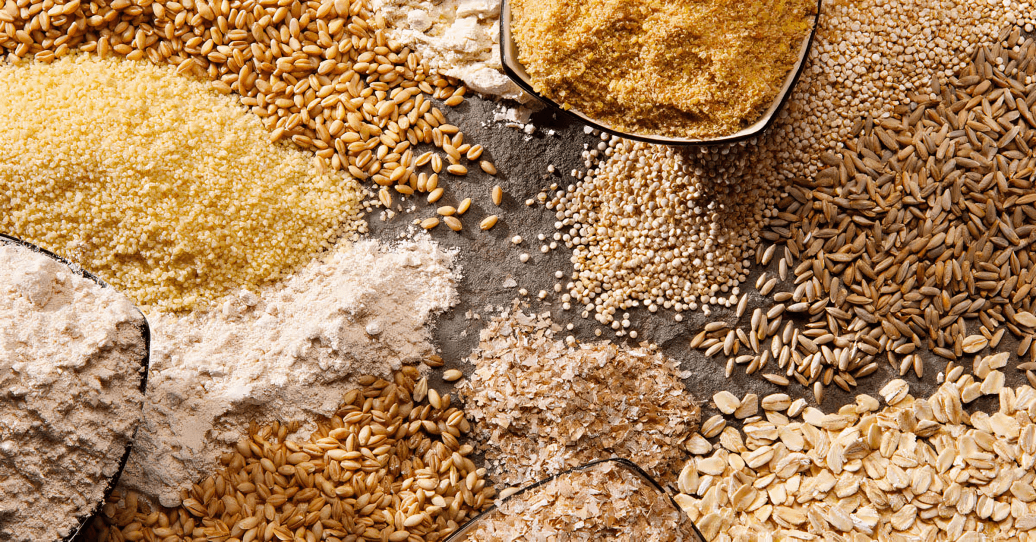
“
Building a balanced diet for overall wellness means eating in a way that supports your body’s needs for energy, strength, and long-term health. A proper diet includes the right mix of macronutrients like carbohydrates, proteins, and fats, along with essential vitamins and minerals. 1
1
”
Ancient Greek physician Hippocrates believed food should be our medicine, laying the foundation for using balanced nutrition as a powerful tool for maintaining physical and mental wellness naturally. 1
A balanced diet for overall wellness includes all five food groups—fruits, vegetables, grains, protein, and dairy—ensuring your body receives energy, fiber, and nutrients in the correct proportions every day. 2

Whole grains like brown rice and oats are essential in a balanced diet for overall wellness because they help regulate blood sugar levels and provide long-lasting energy through complex carbohydrates.
Protein isn’t just for muscles; it also repairs tissues and boosts immunity. A balanced diet for overall wellness includes lean meats, legumes, eggs, tofu, or nuts in daily meals. 3
Healthy fats, found in olive oil, avocados, and fish, are crucial in a balanced diet for overall wellness as they support brain function, hormone production, and heart health when eaten moderately. 4
Vegetables provide antioxidants, fiber, and disease-fighting phytochemicals. A balanced diet for overall wellness should include a rainbow of veggies, especially leafy greens, cruciferous types, and colorful roots. 5
Fruits like berries, oranges, and bananas are natural sources of vitamins and fiber. A balanced diet for overall wellness recommends at least two servings of fruit daily to nourish your body. 6
Water is vital for digestion, energy, and skin health. A balanced diet for overall wellness encourages drinking 8–10 glasses of water daily to keep the body hydrated and functioning efficiently. 7
Portion control is key to a balanced diet for overall wellness. Eating smaller servings helps prevent overeating and supports metabolic health while allowing enjoyment of all food types in moderation. 8

Breakfast kickstarts metabolism and should never be skipped. A balanced diet for overall wellness begins the day with protein, fiber, and healthy carbs to keep energy levels steady.
Planning meals in advance reduces unhealthy choices. A balanced diet for overall wellness benefits from weekly meal prep, helping maintain portion control and avoid processed, high-sugar snacks. 9
Processed foods often contain hidden sugars, salts, and preservatives. A balanced diet for overall wellness favors whole, unprocessed items that support better digestion, energy levels, and immune strength. 10
Fiber improves digestion, reduces cholesterol, and keeps you full longer. A balanced diet for overall wellness includes beans, whole grains, fruits, and vegetables rich in soluble and insoluble fiber. 11
Vitamin D is essential for bone health and immunity. A balanced diet for overall wellness includes fortified dairy, mushrooms, and fatty fish, along with regular sunlight exposure when possible. 12
Dairy or its alternatives provide calcium and vitamin D. A balanced diet for overall wellness includes milk, yogurt, cheese, or plant-based options like almond or soy milk fortified with nutrients. 13

Micronutrients like iron, calcium, magnesium, and zinc are vital. A balanced diet for overall wellness ensures these come from food sources such as leafy greens, dairy, seeds, and seafood.
Salt intake must be monitored closely. A balanced diet for overall wellness keeps sodium below 2,300 mg a day to support heart health and prevent high blood pressure risks. 14
Mindful eating encourages slower chewing, better digestion, and reduced overeating. A balanced diet for overall wellness isn’t just what you eat, but how you eat each bite mindfully. 15
Stress and emotional eating can disrupt your goals. A balanced diet for overall wellness combines nutritious food with lifestyle balance, promoting long-term mental and emotional resilience. 16
As philosopher Confucius once said, balance in all things is essential. A balanced diet for overall wellness thrives on variety, moderation, and thoughtful choices to nourish body and mind together. 17


